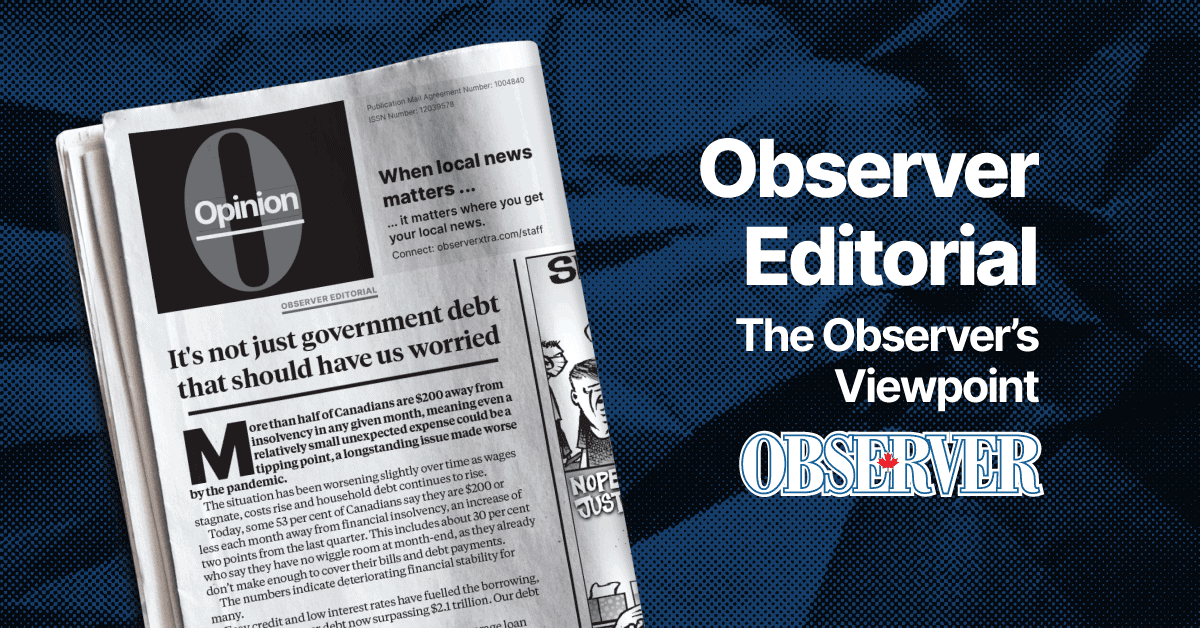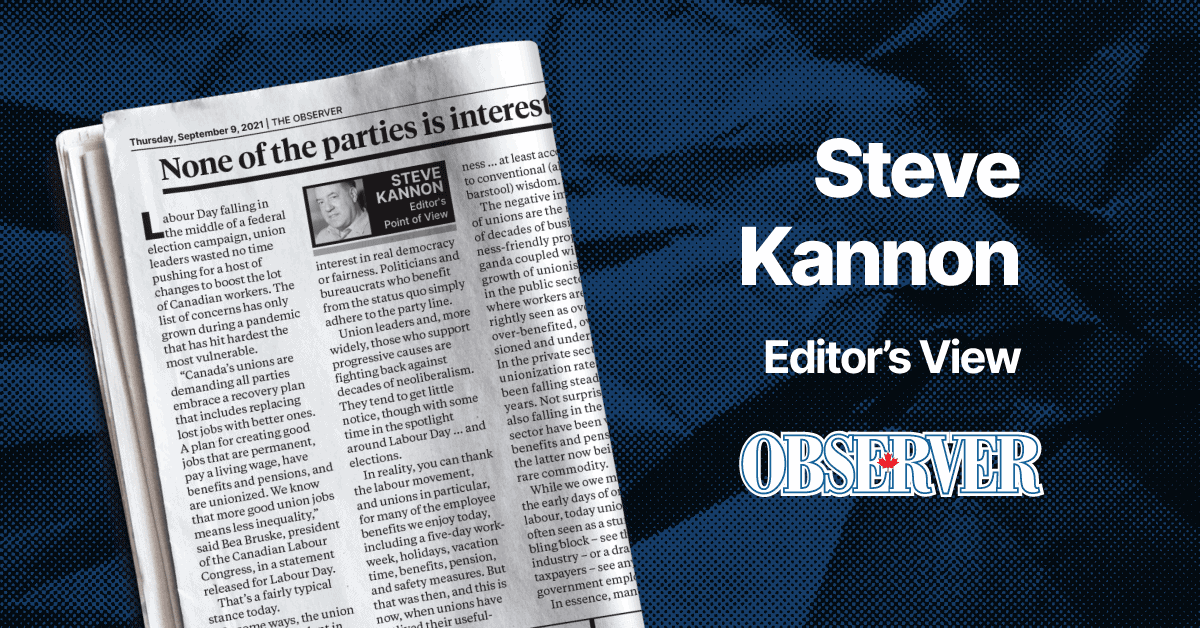Already subject to a long list of sanctions by Canada, Iran had another batch of measures applied this week as Ottawa reacted to the detention and killing on September 23 of Mahsa Amini, a young Kurdish-Iranian woman who died while in custody of Iran’s morality police.
The federal government this week amended the Special Economic Measures (Iran) Regulations to list an additional 25 individuals and nine entities in relation to Iran’s gross and systematic violations of human rights and/or Iran’s ongoing grave breach of international peace and security.
The government says Amini’s death was a direct result of the systemic harassment and repression that women face in Iran, condemning Iran’s violent crackdown against civilian protestors and its use of force against its own citizens.
The death of the 22-year-old woman at the hands of the morality police – she was detained for allegedly not wearing her hijab properly – sparked widespread internal protests and another round of international condemnation.
Iran is no stranger to being a pariah, a status that predates even its membership in George W. Bush’s axis of evil.
In addition to its egregious behaviour at home, Iran’s actions abroad, including weapons proliferation and malicious cyber activity, continue to threaten international peace and security and demonstrate the country’s complete disregard for the rules-based international system. Iran continues to use state-sponsored disinformation to spread false narratives that attempt to justify its policies.
Its pursuit of nuclear technology alone has been the subject of international sanctions for the past 15 years.
From the recent crackdown and killing of protesters, to the seizure of British hostages and the murder of a Canadian journalist in 2003, Iran’s militant rulers have won themselves few friends in the world.
The sanctions have been less than fully effective over the years, mainly because they haven’t blocked oil exports, worth an estimated $25 billion in revenue in 2021. Therein lies the issue that arises in any discussion about the region: oil. We might not care for the people we get it from, but we want it nonetheless.
So far, concerns about Iran’s nuclear ambitions play second fiddle to the flow of oil, particularly to China and Russia, both of which have veto power at the UN Security Council.
The US, too, has much at stake in the region. More hawkish in their approach, though less so under Joe Biden than the chaotic approach taken by the former administration, the Americans are proceeding warily nonetheless.
In Canada, the killing of Amini is reminiscent of the fate of Montreal journalist Zahra Kazemi, beaten to death while held by police in Iran. Equally troubling is the fact Kazemi was acting as freelance photographer, chronicling for the media the story of political prisoners in a fundamentalist country. Her death, the result of an assault by government officials, was clearly an attack on freedom of the press and an effort to squelch a true record of internal problems – stifled by outmoded clerics, some residents in Iran, particularly students, have been protesting the current regime.
Most troubling – and at the heart of Western distrust of governments such as the one in Iran – is the fundamental union of church and state. To varying extents, Western democracies adhere to some method of separation of the two. Not just dictatorial, not just antidemocratic, and not just paternalistic – our governments routinely have few problems dealing with such undesirable traits – Iran is run based on religion – a religion that prompts extreme behaviour from some of its followers. That kind of ideological fervour – the sort that drives adherents to carry out suicide missions – quite frankly scares those in the West.
As long as incidents such as Amini’s arrest death occur, the divide in values – and the mistrust – between Islamic states and the West will continue.









